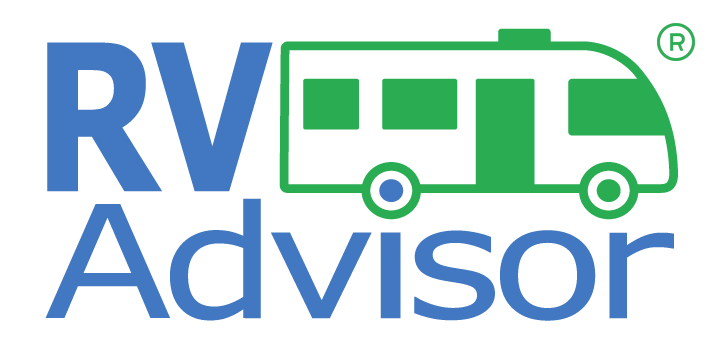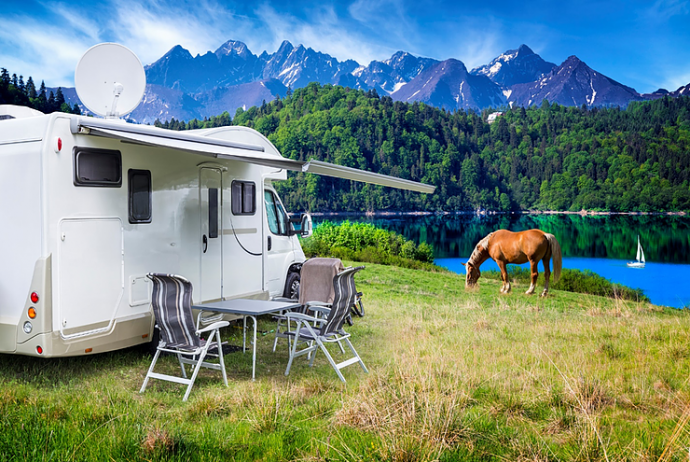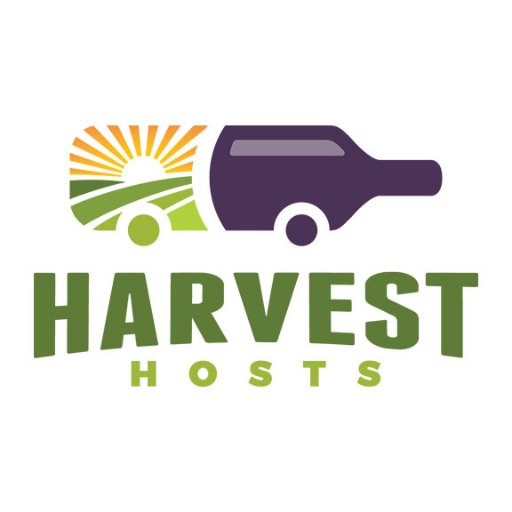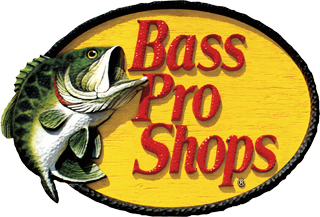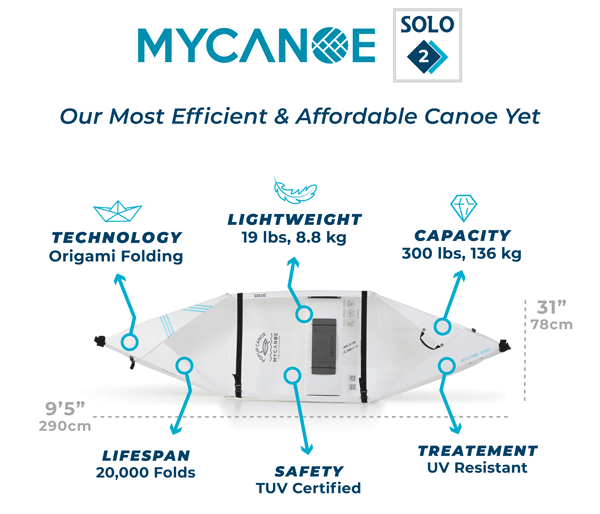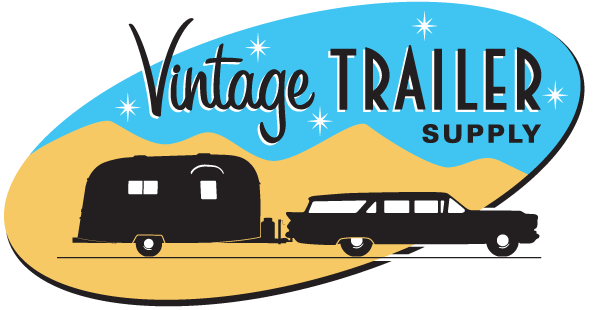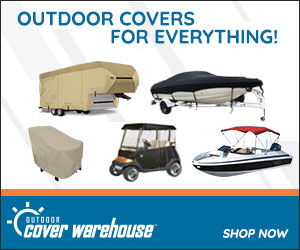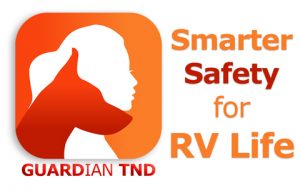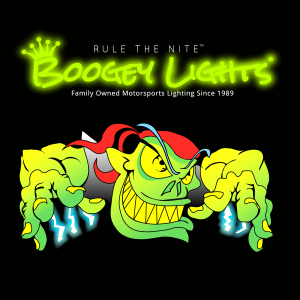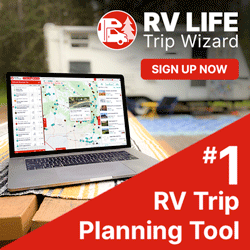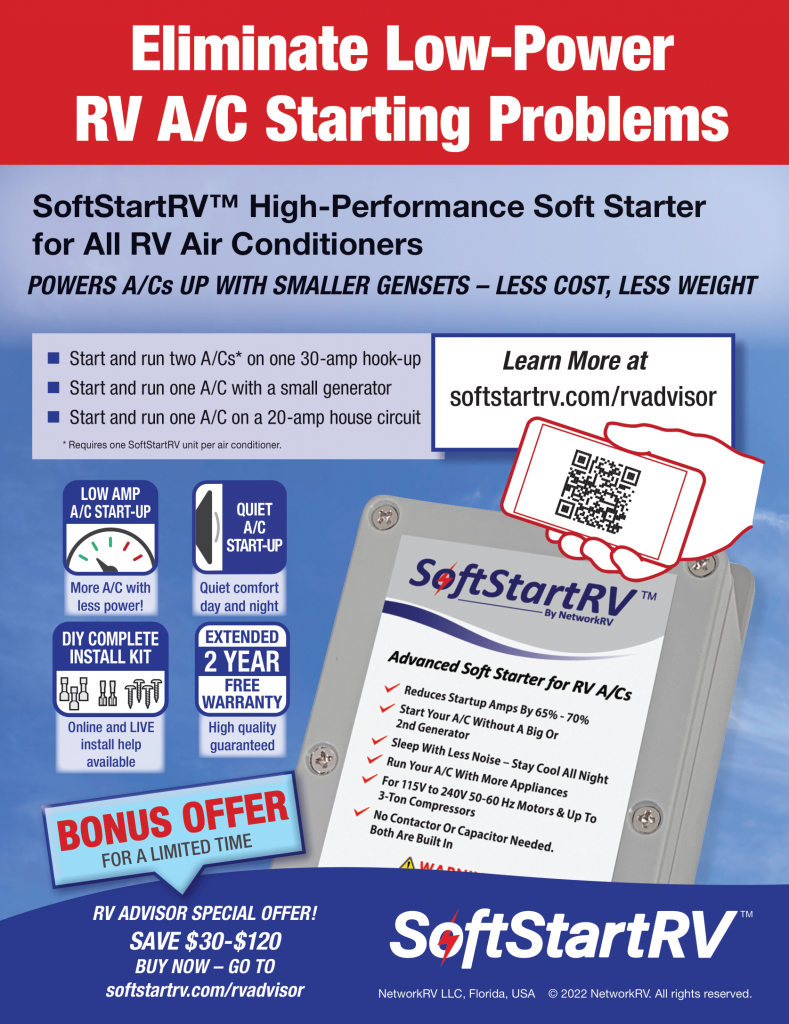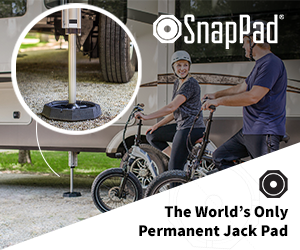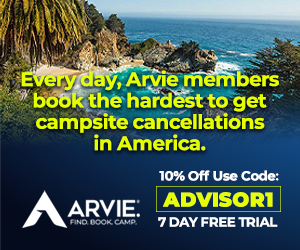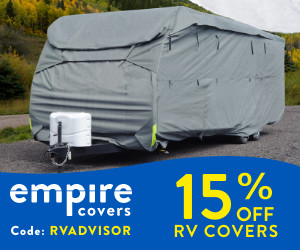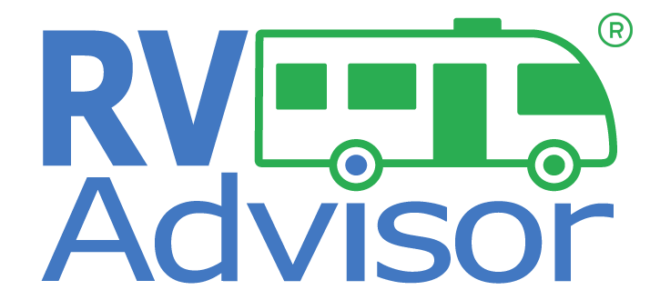You’ve decided to start your great RV adventure
Congratulations! RV vacationing is the best way to explore the country with comfort and ease. But you may be wondering, what now? How do I get started planning my route, and choosing where I’ll stay?
Do some planning
It’s time to figure out where you’ll go and where you’ll stay along the way. Start by jotting down some notes about your camping preferences. Do you enjoy a total “off-the-grid” experience? Or do you like a more modern take on camping, where you can use water and electricity hookups?
Are national parks your dream vista, or are you more interested in socializing with other RV enthusiasts around a resort campfire?
Take stock of your dreams, desires, and wishes to plan your trip. Know your budget and how much money you want to spend as you travel. Campsites fall into a wide variety of price ranges, so knowing what you want and how much you want to spend will help you narrow down your search for the perfect site.
Types of campsites
There are generally three types of campsites for RV travel. Here’s a quick rundown on the options you’ll have.
1. Campgrounds. Many National Parks offer basic campground spots to park your RV. The benefit of these spots is that they are in some truly spectacular locations, and they tend to be very affordable. Some, but not all, include hookups for your RV.
You can enjoy the scenery of over 130 incredible parks without leaving the site to find a campground.
The downside of camping with the National Park System is that these sites are popular – they tend to book up quite fast. So, if you’re planning to walk up and look for a spot, your chances for finding a space won’t be good. If you want to make the National Park system’s campgrounds part of your trip, be sure to reserve your campground online well in advance.
2. RV parks and resorts. RV parks and resorts are designed for the comfort-seeking traveler. Almost all include hookups so that you can enjoy all the amenities of your RV with ease.
They also usually include things like pools, WiFi, hot showers, and convenience stores.
Staying at an RV park is a great option if you want to “ease in” to the camping lifestyle, or if you just want to feel at home while traveling.
With all the extra amenities that RV parks and resorts offer, they usually cost more than staying at a campground.
3. Free boondocking. Boondocking, also called drydocking, is a minimalist style of camping where you can park in a solitary spot and camp without any hookups or amenities.
Yes, you really can find places to camp that are free and away from other campers.
If you want wide open spaces and solitude, consider boondocking at one of the sites controlled by the Bureau of Land Management (BLM).
These lands (mostly in the West and Mid-West,) are government-owned and offer free camping far off the beaten path.
Be sure to do your research on the BLM website, because some sites require a permit or reservation, or enforce a time limit on your visit to the site.
Before you book
Before booking your campsite, there are a few steps you should take to avoid trouble later. You’ll be grateful you took the time to do some research when you absolutely love your campsites!
Read online reviews
Whether you’re staying at a campground, RV park, or BLM boondocking site, you should always check the online reviews before booking or reserving a permit. Pictures online can be deceiving, and you’ll want to read first-hand accounts from other travelers before committing to a site.
Try Googling the location to find reviews you can read before making your decision.
Call ahead
Some RV travelers enjoy being spontaneous, and you may think it unnecessary to plan out every stop you’ll make along the road. If you don’t want to plan out your itinerary, you should at least call ahead to the sites before you go out of your way to stop for the day.
Many popular parks or resorts fill up quickly, especially during peak season or holiday weekends. Call ahead to make sure there’s room for you before you head that way.
Check the refund policy
Even the best-laid plans can go astray. Sometimes you pull up to a site, and you just don’t like it. Always ask about the refund policy before placing your payment, because many campgrounds have a “no refund” policy.
Are you ready to start your RV adventure? Use these tips for choosing your campsite. If you need more tips on enjoying your RV adventure, reach out to RV Advisor today. We’d love to answer your questions.
